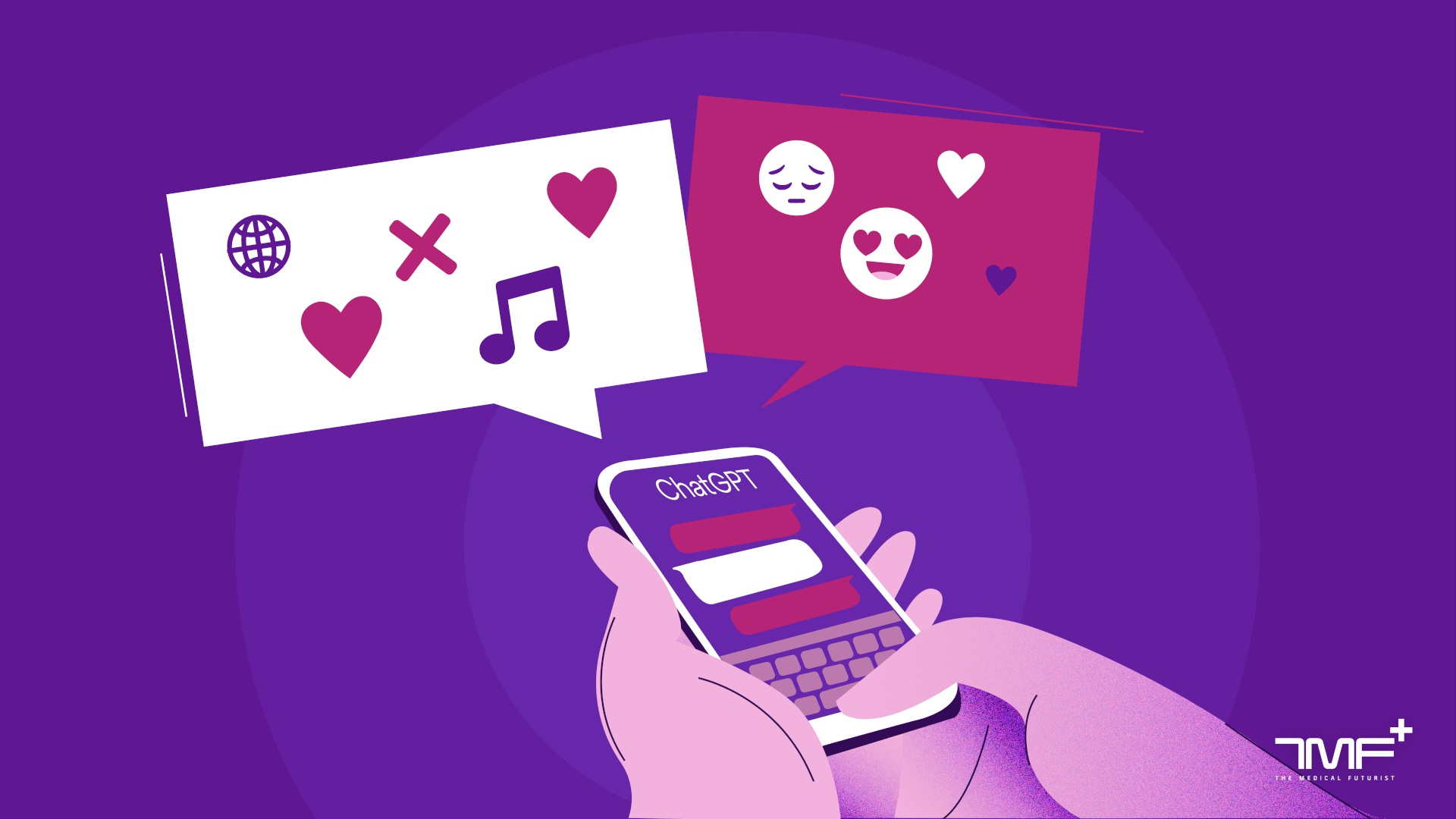
@ShahidNShah


Why is everyone talking about ChatGPT and what can this algorithm do for healthcare workers? We found six potential use cases in medicine. News about ChatGPT and how everyone uses it to compose love poetry, homework, article summaries, or Python code is all over the internet right now. The most recent version of a huge language model, ChatGPT is made to produce text in response to user input. There has been much debate over its possible medical applications, so let's look at what you can anticipate from it and what you shouldn't use it for, at least in its present form.
In the field of digital health, ChatGPT could potentially be used by marketers in a number of ways, such as:
ChatGPT is a different kind of algorithm from the text-to-image tool Midjourney, which we previously described and which is a GAN (generative adversarial network, defined here) method. However, if you google the topic, you will find a lot of inaccurate material regarding ChatGPT. So, for the knowledgeable readers: A is a ChatGPT. ChatGPT is a natural language processing (NLP) model developed by OpenAI that can generate human-like text in a conversational style.
1) Summarizing medical records based on patients’ family history, symptoms and lab results, among others
The algorithm does fairly well in interpreting English-language texts, thus I trust it would do a good job in providing summaries based on existing medical records.
2) Summarizing and analyzing research papers: list keywords in an abstract or summarize a long and detailed research paper for physicians not working in that field of interest
If it was given access to a full-text version of an article, I trust it would do a good job of grasping the main points. However, I was not able to test this function, as the algorithm is not able to follow URLs, and refused my request to summarize the text when I copied it into the interface. But I’m sure it is an area the developers are focusing on.
3) Writing general texts, like emails, a book blurb or anything that saves time and you can further customize it for your needs and personal style
Without a doubt, it does great in such tasks, much better than any of the algorithms I tried earlier. It writes excellent emails on all kinds of topics (requesting a refund for an item that has been delivered broken, inviting neighbours over to dinner, or suggesting pool resources to buy a nice Christmas gift to the main teacher of the kids). Just like the above, it will do great in general communication with patients.
4) Answer broad questions
ChatGPT seems to do quite well in answering broad general questions in many areas, from ‘What is diabetes?’ through ‘How to ensure financial safety at an old age?’ to ‘Why are patients not involved in healthcare?’. However, the answers you receive will be very general. You will get a correct summary of the basics, but will most likely not succeed in learning about the specifics.
The algorithm explains well what an artificial pancreas is and how it works, but can’t advise you on specific technical details. Similarly, it gives a great general summary of the goal of my favourite board game, but it can’t answer a simple yes/no question regarding a specific – very obvious – game situation.
Continue reading at medicalfuturist.com
HistoSonics raised $100M; Memora Health and PeriGen partner; health spending reached $4.3T in 2021. According to a Harris poll, 12% of respondents said they wouldn't share any data at all, while 50% …
Posted Dec 20, 2022 Digital Health Funding Digital Health
Connecting innovation decision makers to authoritative information, institutions, people and insights.
Medigy accurately delivers healthcare and technology information, news and insight from around the world.
Medigy surfaces the world's best crowdsourced health tech offerings with social interactions and peer reviews.
© 2025 Netspective Foundation, Inc. All Rights Reserved.
Built on Apr 17, 2025 at 6:07am